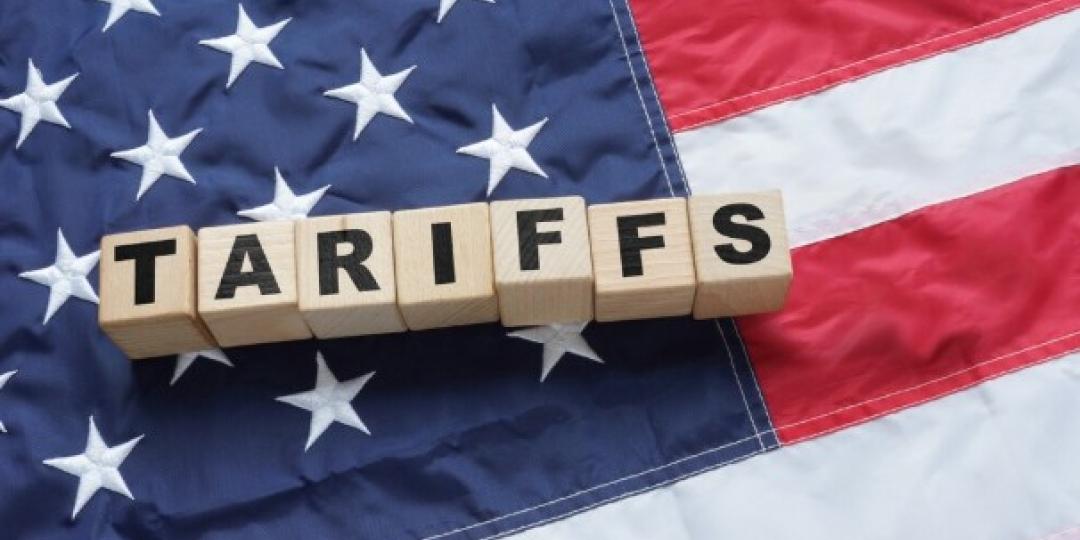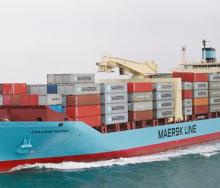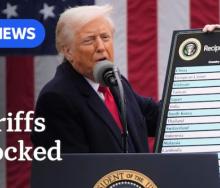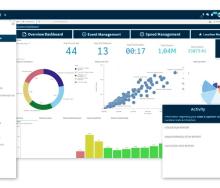The White House has confirmed that it is appealing Wednesday’s ruling by the US Court of International Trade against global tariffs announced by the administration of Donald Trump on April 2.
This comes after the federal court in Manhattan ruled against most of Trump’s ‘Liberation Day’ tariffs, meant to counter sluggish production and manufacturing output in the US.
The court found that Trump had overstepped his authority by invoking the International Emergency Economic Powers Act (IEEPA) to impose the tariffs.
Bloomberg reported that the court ordered the tariffs to be stopped within 10 days.
The ruling affects Trump's global flat tariffs, elevated rates on China and fentanyl-related tariffs on China, Canada, and Mexico.
However, tariffs imposed under other statutes, such as Section 232 and Section 301 (which include tariffs on steel, aluminum, and automobiles) remain unaffected.
The White House has appealed the ruling, arguing that the court should not interfere with the president’s handling of national emergencies related to trade deficits and drug trafficking.
According to the court, IEEPA-based decision must go through Congress.
Goldman Sachs analysts commented that while the ruling was a setback, it might not change the final outcome for most trading partners.
They expect the Trump administration to find alternative legal mechanisms to impose tariffs, such as using Section 122 of the Trade Act, which allows tariffs up to 15% for up to 150 days without a formal investigation.
Trump could also rely on Section 301 investigations, though these take longer to implement, the New York bank said.













